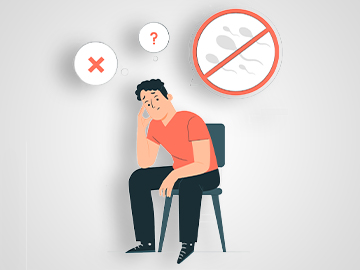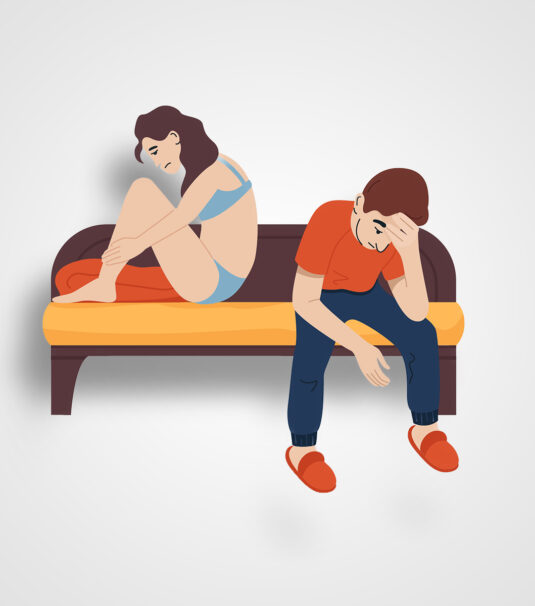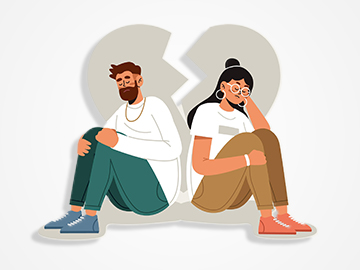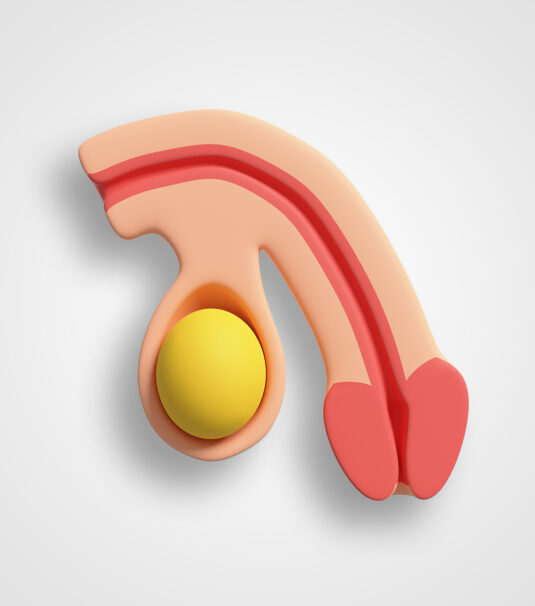LOW TESTOSTERONE
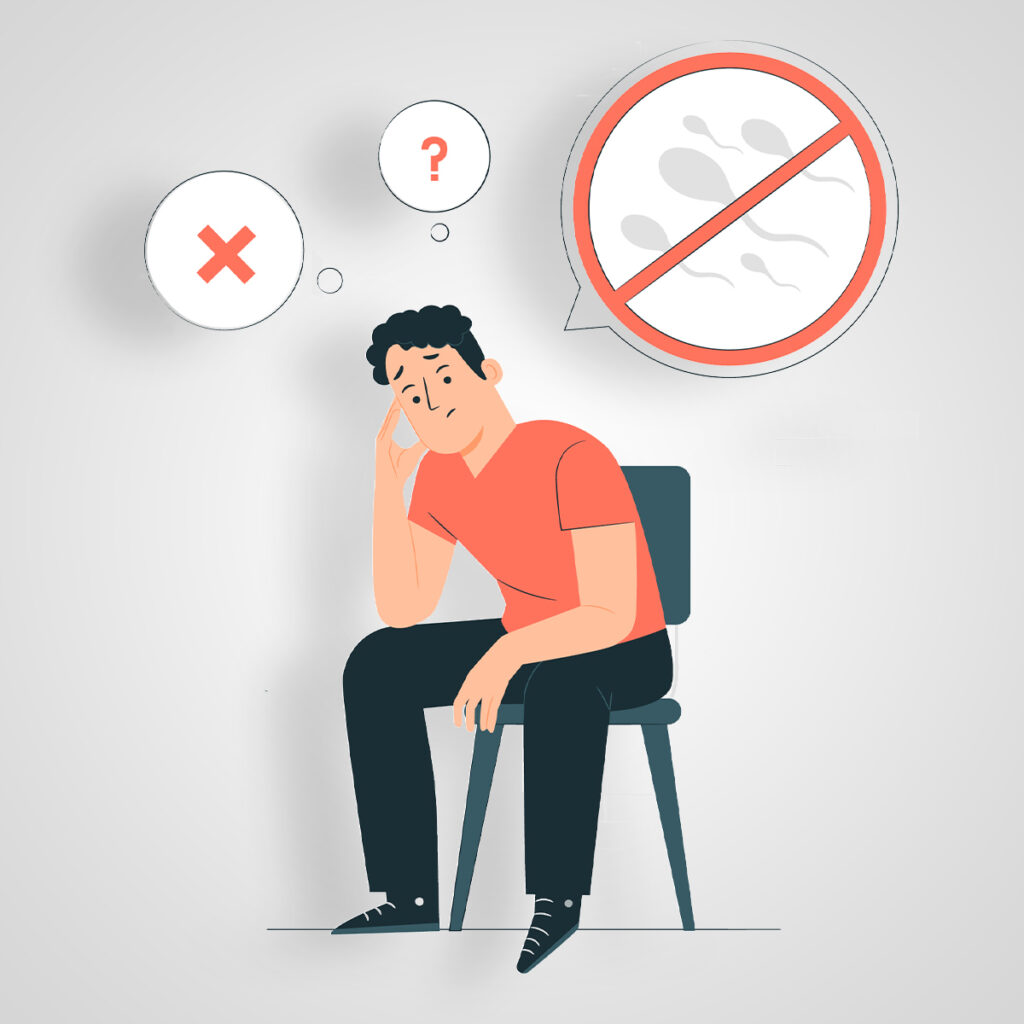
Low Testosterone, Also Known As Low T Or Hypogonadism, Is A Condition Characterized By Inadequate Testosterone Levels In The Body. Testosterone Is A Hormone Responsible For Various Functions, Including Maintaining Libido, Muscle Mass, Bone Density, Mood, And Energy Levels. When Testosterone Levels Are Low, It Can Lead To Symptoms Such As Reduced Sex Drive, Fatigue, Decreased Muscle Mass, Mood Changes, And Erectile Dysfunction.
Treatment Options For Low Testosterone May Vary Depending On The Underlying Cause And Individual Circumstances. Here Are Some Common Approaches:
Testosterone Replacement Therapy (trt): Trt Involves The Administration Of Exogenous Testosterone To Raise Hormone Levels To A Normal Range. It Can Be Administered Through Various Methods, Including Injections, Patches, Gels, Or Pellets Implanted Under The Skin. Trt Can Help Alleviate Symptoms And Improve Overall Well-being. However, It Should Be Done Under The Supervision Of A Healthcare Professional To Monitor Hormone Levels And Potential Side Effects.
Lifestyle Changes: Certain Lifestyle Modifications Can Help Optimize Testosterone Levels. These Include Regular Exercise, Especially Strength Training And High-intensity Interval Training, Maintaining A Healthy Weight, Getting Enough Sleep, Managing Stress Levels, And Having A Balanced Diet That Includes Adequate Protein, Healthy Fats, And Micronutrients. These Lifestyle Changes May Not Raise Testosterone Levels Significantly But Can Have A Positive Impact On Overall Health And Well-being.
Treatment Of Underlying Conditions: Addressing Underlying Medical Conditions That Contribute To Low Testosterone, Such As Obesity, Diabetes, Thyroid Disorders, Or Pituitary Gland Problems, Can Help Improve Hormone Levels. Treating These Underlying Conditions May Alleviate Low Testosterone Symptoms Without Specific Testosterone Replacement Therapy.
Medication Adjustments: If Low Testosterone Is Caused By Specific Medications, Such As Certain Antidepressants Or Opioids, Your Healthcare Provider May Consider Adjusting Or Switching Medications To Help Improve Hormone Levels.
Natural Supplements: Some Natural Supplements Claim To Enhance Testosterone Levels. However, The Evidence For Their Effectiveness Is Limited And It’s Crucial To Consult With A Healthcare Professional Before Using Any Supplements To Ensure They Are Safe And Appropriate For You.
It’s Important To Consult With A Healthcare Professional, Such As An Endocrinologist Or Urologist, For An Accurate Diagnosis And Personalized Treatment Plan For Low Testosterone. They Can Conduct Blood Tests To Measure Hormone Levels And Evaluate Your Overall Health To Determine The Most Appropriate Treatment Options For Your Specific Situation. They Will Consider Factors Such As Your Age, Symptoms, Overall Health, And Potential Risks And Benefits Of Treatment.
Other Related Diseases

Our skilled medical team employs a combination of Ayurvedic therapies and appropriate interventions to address the underlying causes of priapism, promoting healthy erectile function and preventing future episodes.

Through specialized Ayurvedic therapies, lifestyle modifications, and holistic approaches, we strive to enhance orgasmic experiences, ensuring a pleasurable and fulfilling sexual journey for our patients.

With personalized Ayurvedic treatments, lifestyle modifications, and herbal supplements, our experienced doctors work to restore optimal testosterone levels, helping you regain vigor, strength, and a healthy hormonal balance.

Through a combination of Ayurvedic medicines, rejuvenating therapies, and lifestyle adjustments, we strive to boost your libido, enhance your sexual vitality, and reignite the spark in your intimate relationships.

Our dedicated team of Ayurvedic experts combines traditional therapies, dietary recommendations, and lifestyle modifications to optimize sperm production and restore fertility, helping you realize your dreams of starting a family.

With a personalized approach and tailored treatment plans, we address the underlying factors contributing to premature ejaculation, enabling you to experience prolonged pleasure and enhanced sexual performance.

At Oorja Ayurvedic Clinic, we offer effective solutions and personalized treatments to address the underlying causes of ED, helping individuals regain confidence and enjoy a fulfilling sex life.



